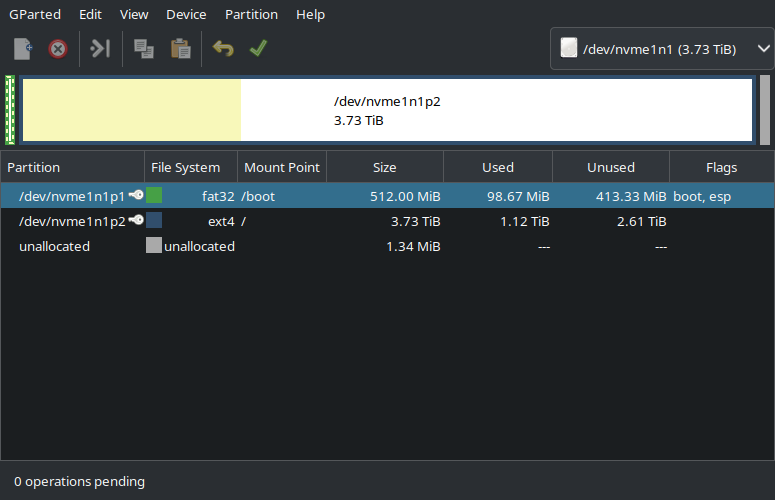

Hey man, yeah, I get it. I worry a lot about sounding like a conspiracy theorist; a real Chicken Little.
But when I look internally and ask myself why I make these posts, why I conspire so much about unknown futures, I come to two most likely outcomes:
- I’m trying to trick you into installing Linux for some reason. Selfishly I guess if there’s a larger userbase demanding support for things then I can expect better support for myself. Or I’m just trying to sound like a pompous smartass in front of internet strangers. But those are a little obtuse.
- I see a bunch of people standing in what I perceive (possibly incorrectly, but nonetheless) a trap and I’m shouting, “Hey, get outta there now before it springs!” because I have general empathy towards other people.
Worst case I’m wrong and I look a fool. I really don’t have a problem with that. I know who I’d trust if the positions were switched 💯

Agreed.
And what’s particularly galling about this is that it’s never made any sense to me. Are you telling me an Android app, on compromised hardware or otherwise, could send malformed data that would for instance deposit $1M into my bank account? That doesn’t sound like an issue of local security. An app is just a frontend, all validation would still be through the banking infrastructure.